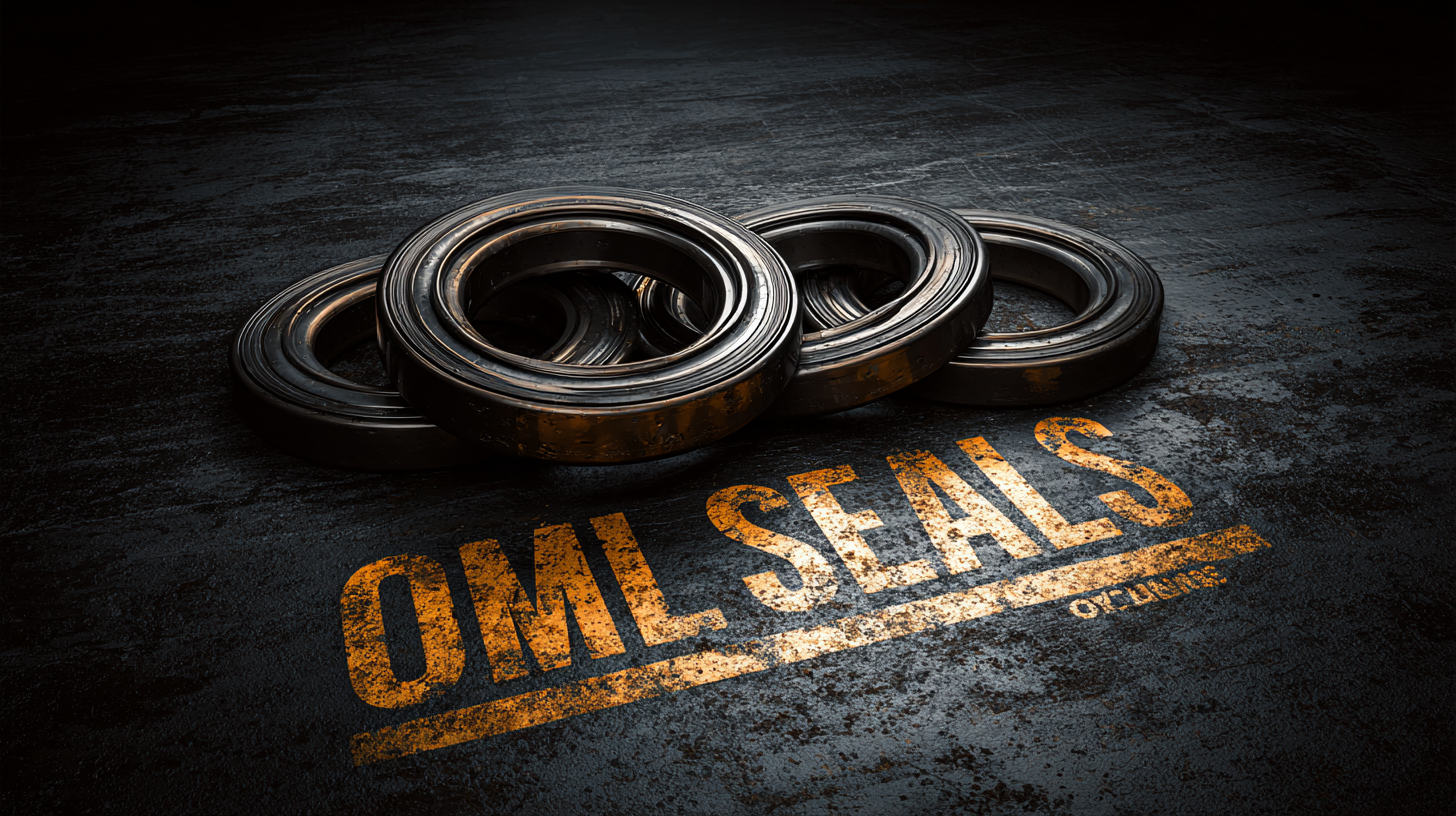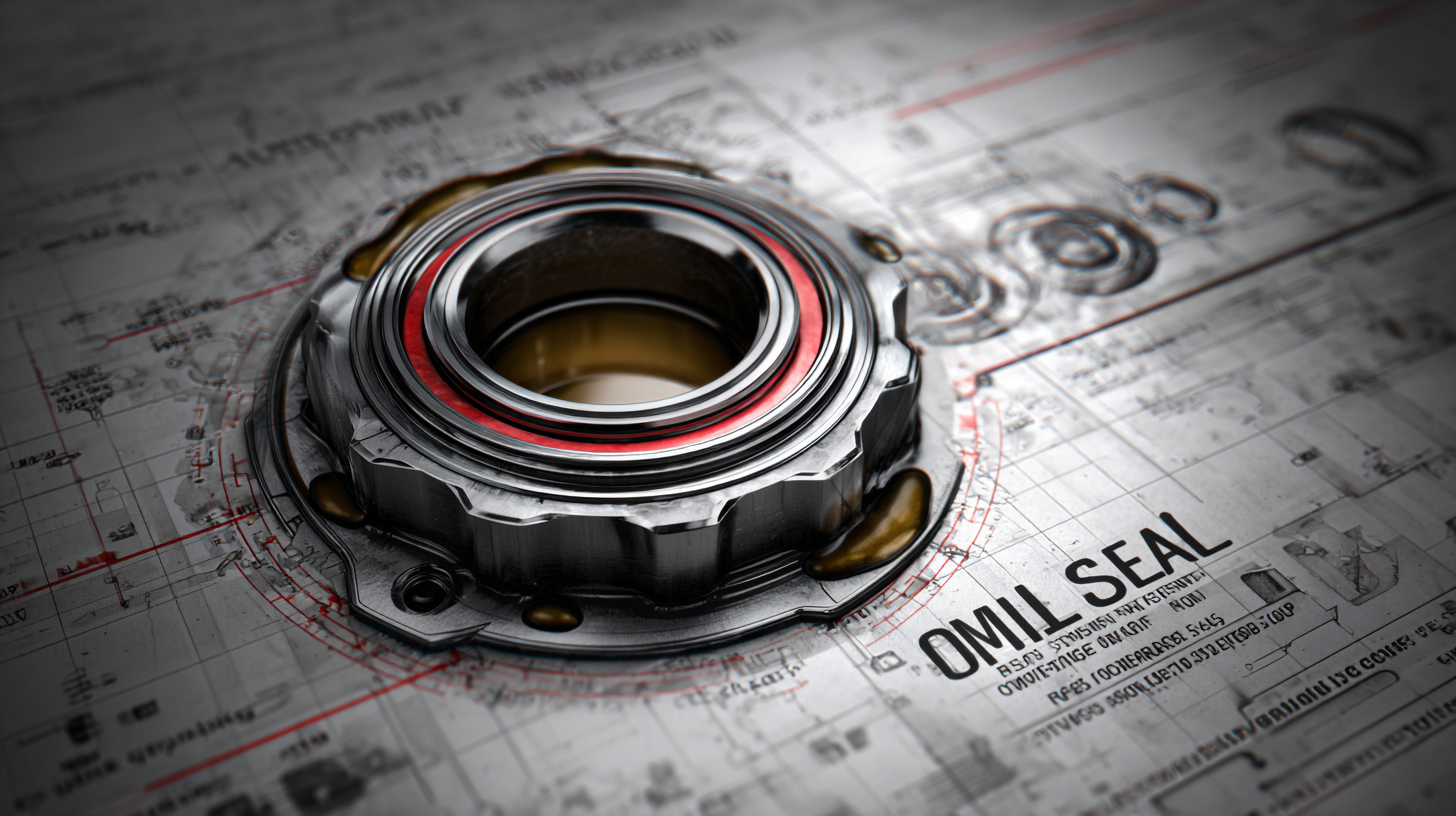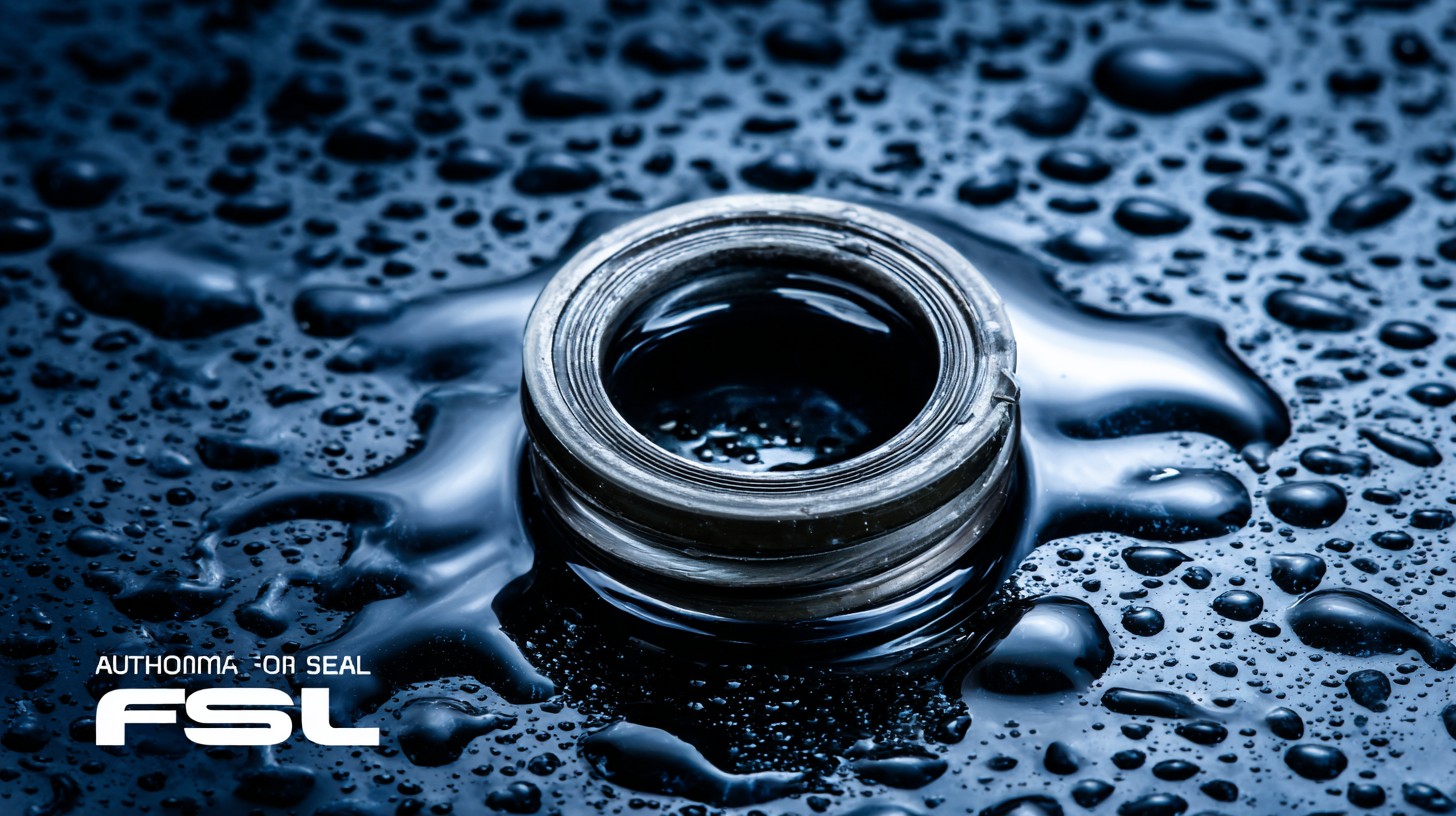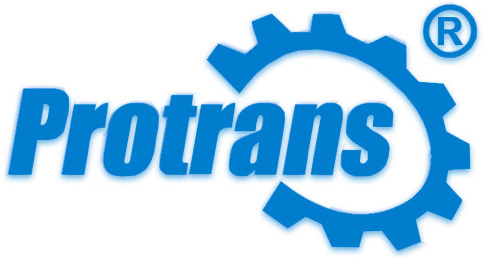In the competitive automotive market, the importance of high-quality Automobile Oil Seals cannot be overstated, as they play a crucial role in preventing oil leaks and ensuring the longevity of engine components. According to a recent industry report by Grand View Research, the global automotive oil seal market size was valued at USD 1.2 billion in 2022 and is projected to grow at a CAGR of 4.5% from 2023 to 2030. This growth is driven by the continuous advancements in automotive technology and the increasing demand for high-performance vehicles. As global buyers navigate the myriad options available, understanding the key differences and applications of top automobile oil seals becomes essential. This ultimate guide aims to provide comprehensive comparisons, backed by data and insights, ensuring informed decisions in the purchase and application of these critical components in various automotive systems.

As the automotive industry undergoes a significant transformation with the rise of electric vehicles, the demand for automobile oil seals is evolving. According to recent market analysis, the global oil seal market is expected to show substantial growth, driven primarily by the increasing need for high-performance materials that can withstand extreme conditions. In particular, the segment of rubber O-rings, including Pertluoroelastomer (FFKM) and Buna O-rings, is projected to expand as these components are essential in various automotive applications such as oil seals and gaskets.
The demand for nitrile rubber, known for its exceptional oil resistance, is closely tied to the durability and efficiency of automotive parts. The global market size for automotive seals has shown resilience even in challenging economic climates, with significant contributions from regions like Asia-Pacific, anticipated to account for a substantial portion of revenue by 2037. Additionally, the trend towards technological advancements in manufacturing processes is likely to facilitate the development of more durable and efficient oil seals. This shift not only underscores the importance of innovation in maintaining competitive advantages but also highlights the critical need for traditional automotive parts suppliers to adapt and thrive amid the changing landscape.
In the automotive industry, the quality standards of oil seals play a crucial role in ensuring vehicle performance and longevity. Recent studies indicate that the global oil seal market is expected to reach approximately $6.5 billion by 2027, driven mainly by the surge in automobile production and increasing demand for efficient sealing solutions. High-quality oil seals not only prevent leaks but also minimize wear and tear on engine components, thereby improving reliability and extending the lifespan of vehicles.
Moreover, specific factors are influencing the standards for oil seals, including advancements in material technology and manufacturing processes. The introduction of synthetic materials has enhanced the durability and resistance of oil seals against extreme temperatures and chemical exposures. According to a report by a leading automotive research group, nearly 70% of automotive leaks can be attributed to inferior oil seal quality, highlighting the necessity for stringent quality control measures during production. As automotive manufacturers increasingly focus on sustainability and performance, the implementation of enhanced quality standards for oil seals becomes vital for maintaining consumer trust and competitiveness in the market.

In the ever-evolving landscape of automobile manufacturing, the production of oil seals has undergone significant transformation due to technological innovations. Advanced materials, such as thermoplastics and silicone, are now commonly used to enhance durability and resistance against extreme temperatures and pressure fluctuations. These innovations not only extend the lifespan of oil seals but also improve the overall performance of vehicles, making them essential components in modern automobiles.
When selecting oil seals, global buyers should prioritize quality and compatibility. Tips for making an informed decision include researching the manufacturer’s reputation, checking for certifications, and ensuring the seals meet industry standards. Additionally, buyers should look for seals that incorporate whisper-quiet technology, which minimizes operational noise and enhances user satisfaction.
Moreover, automation and computer-aided design (CAD) have streamlined the manufacturing processes. This shift allows for precision engineering, reducing waste and ensuring consistent quality. Buyers should consider sealing solutions that leverage these technologies to guarantee higher reliability and performance in demanding automotive applications. By staying informed about these advancements, buyers can make choices that not only meet their immediate requirements but also benefit the environment through efficient manufacturing practices.
In the competitive world of automobile oil seals, Chinese producers have garnered significant attention for their innovative manufacturing techniques and cost-effective solutions. Companies such as XYZ Seals and ABC Rubber have emerged as serious contenders, offering a diverse range of products that meet international quality standards. The emphasis on using advanced materials and precision engineering allows these manufacturers to compete effectively with established brands from Europe and North America. Furthermore, the rapid expansion of China's automotive sector has led to an increase in demand for high-performance oil seals, pushing local manufacturers to invest in research and development.

On the global stage, traditional oil seal producers face challenges in pricing, as well as the ability to quickly adapt to changing market demands. Brands from Japan and Germany, known for their stringent quality assurance processes, maintain a strong reputation among buyers. However, the emergence of competitive pricing from Chinese manufacturers often gives them an edge. As global buyers navigate their options, they must consider not only the price and availability but also the specific performance characteristics required for their applications, making the choice between Chinese and global producers a critical decision in the automotive supply chain.
Quality certifications play a crucial role in the global trade of automobile oil seals. According to the International Organization for Standardization (ISO), companies that obtain quality certifications can improve their exports by up to 20%. This increase is often attributed to enhanced consumer trust and reduced risks associated with product failures. In the competitive automobile industry, where reliability is paramount, certifications such as ISO 9001 not only demonstrate compliance with international quality standards but also open doors to new markets. Buyers are increasingly inclined to choose products that have verified quality assurances, leading to higher sales for compliant manufacturers.
Tip: When selecting oil seals for export, prioritize manufacturers with recognized certifications. This could significantly influence your procurement decisions and ultimately contribute to your company's reputation.
Furthermore, adherence to quality certifications can also streamline supply chain processes. A report from the Automotive Industry Action Group (AIAG) noted that companies with established quality management systems face 30% fewer supply chain disruptions. This indicates that prioritizing quality can lead to consistent product availability and reliability, essential factors for maintaining client relationships and meeting global demand.
Tip: Regular audits and updates of quality certifications can enhance operational efficiency and keep you ahead of your competitors in the oil seal market.
TradeManager
Teams
VKontakte

